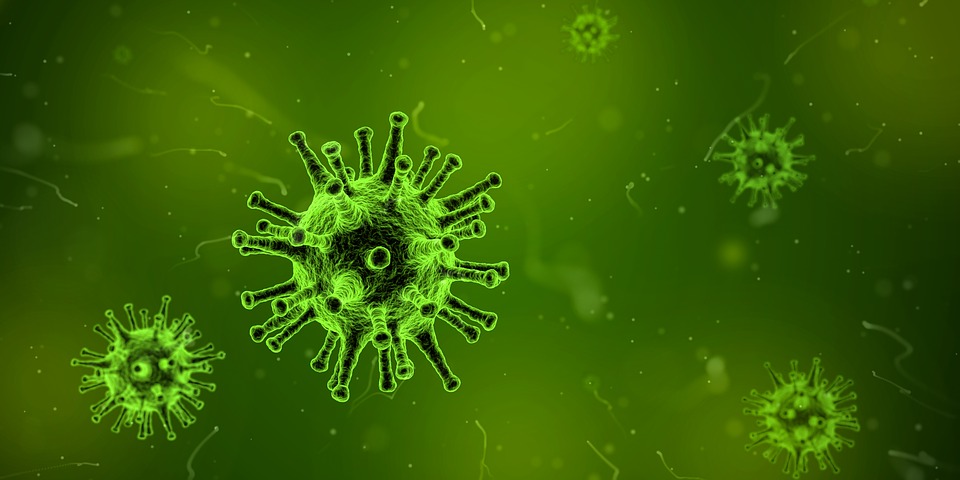Ebola Virus Disease(EVD)
26-09-2014 | 1757 View(s)
Ebola Virus Disease (EVD) also known as Ebola hemorrhagic fever(EHF) is one of the viral hemorrhagic fevers which affects a person's blood system It is a severe, often fatal illness in humans and non-human primates (monkeys, gorillas, and chimpanzees) It is caused by infection with a virus which is transmitted to people from wild animals and spreads in the human population. EVD is fatal up to 90% of the cases who are infected. EVD outbreaks(s. Read more...
Eczema
30-09-2014 | 1719 View(s)
Eczema is often referred to as atopic dermatitis. The term eczema is broadly applied to a range of persistent skin problems. These symptoms include dryness and skin rashes that are characterized by one or more of symptoms like: Scratching Redness Flaky skin Atopic dermatitis is also known as infantile eczema, when it occurs in infants. Infantile eczema may extend into childhood and adolescence and it often involves an oozing, crusting rash. Read more...
Endometriosis
30-09-2014 | 1741 View(s)
Endometriosis is the abnormal growth of cells (endometrial cells) similar to those that form the inside of the uterus, but in a location outside of the uterus. It can grow in the fallopian tubes, ovaries, bladder, bowel, vagina or rectum. The uterine cavity is lined with endometrial cells, which are under the influence of female hormones. Endometrial-like cells in areas outside the uterus (endometriosis) are influenced by hormonal changes and re. Read more...
Enteric Fever/ Typhoid
30-09-2014 | 1653 View(s)
Enteric fever, also known as typhoid, is a common worldwide bacterial disease caused by the ingestion of contaminated food or water which contain the bacterium Salmonella enterica enterica, serovarTyphi. It is very common in India. Symptoms usually develop one to two weeks after exposure, and may be mild or severe. Symptoms include high fever, malaise, headache, constipation or diarrhea, rose-colored spots on the chest, and enlarged spleen and li. Read more...
Epilepsy
30-09-2014 | 2001 View(s)
As per WHO, epilepsy is a chronic disorder characterized by recurrent seizures which may vary from a brief lapse of attention or muscle jerks, to severe and prolonged convulsions. The seizures are caused by sudden, usually brief, excessive electrical discharges in a group of brain cells (neurons). In most cases, epilepsy can be successfully treated with anti-epileptic drugs. Epilepsy is a chronic non communicable disorder of the brain that aff. Read more...











